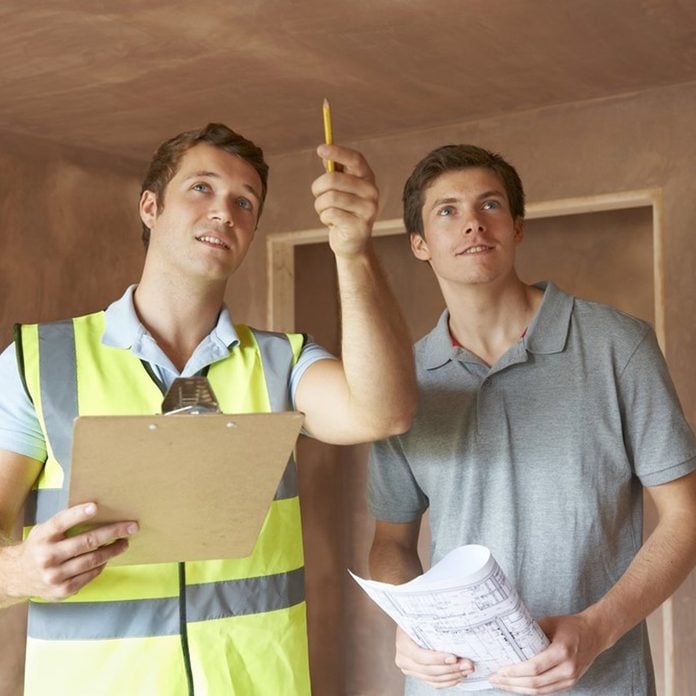
A Home Inspection is the Same as an Appraisal
The job of the home inspector is to check on the safety of the home and identify potential issues. Here’s what you need to watch with a home appraisal.

Home Inspectors Can Offer Advice on Buying the Home
It’s the old taking the car to the mechanic before buying it thought but you can’t ask a home inspector if they’d buy the house you’re looking at. But a home inspector can pinpoint the six signs your house is in trouble.

Home Inspectors Are Brought in to Help Negotiate the Price
The home inspector is there to report on the condition of the house, not to help the buyer with negotiations. Make sure you don’t do any of these 35 things if you’re trying to sell a house.

Picking Any Home Inspector is Fine
Only 30 states in the U.S. require licensing for home inspectors, so it’s definitely buyer beware out there. Even if someone is licensed it’s still best practice to check out their credentials first because competencies can vary to a great degree. There are a lot of important reasons why it’s a good idea to hire a home inspector, here are 10 of them.

The Home Inspector Will Find Everything That’s Wrong
Chances are home inspectors aren’t getting on the roof or looking in every corner of a house. They do find some seriously creepy stuff from time to time but just don’t expect them to find every minute problem. A home inspector might not get everything but you can make sure you get the most of a home inspection with these 12 tips.

Buyers Don’t Need to Be at the Home Inspection
Buyers should be there in actuality, it’s the best way to understand the report later. Sellers can be proactive and learn how to inspect a home like a home inspector before one comes to the house.
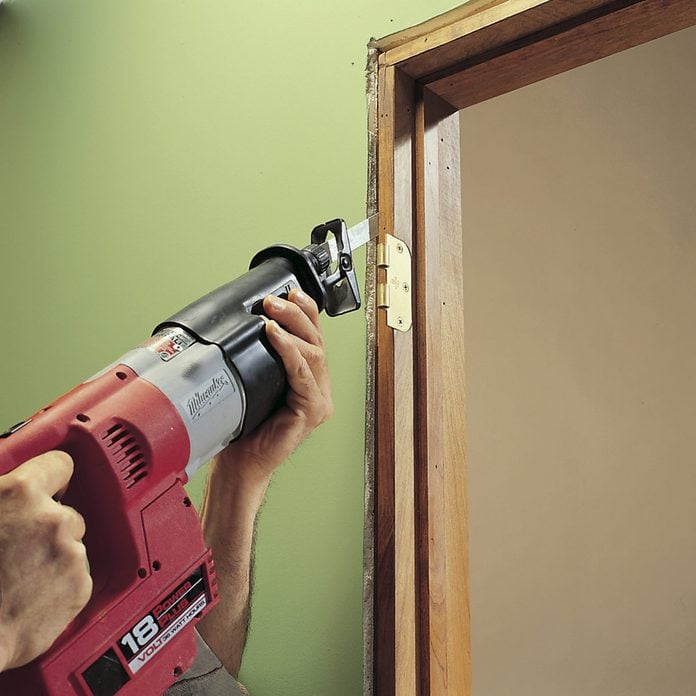
Flipped Homes Shouldn’t Need an Inspection
They should absolutely be inspected, perhaps even closer, because of the rapidness that flippers work and what they work on. Flippers are trying to maximize the return on investment so it’s likely that some bigger issues get overlooked and the cosmetic features garner more attention.

Home Inspectors Can Guess the Life Span of Appliances
People want to know how long an appliance will last in a home they’re interested in purchasing and will try to ask home inspectors their thoughts. But no one knows how long an appliance will last. This is how long certain appliances are supposed to last.

Inspections Work on a Pass/Fail System
Home inspections don’t indicate if a home meets an acceptable level to purchase. The inspection indicates whether the home is safe. It’s up to the buyer to determine if they’re comfortable purchasing the house after learning what the inspector found. A home inspection is just one of at least 13 things you can expect to pay for before buying a house.
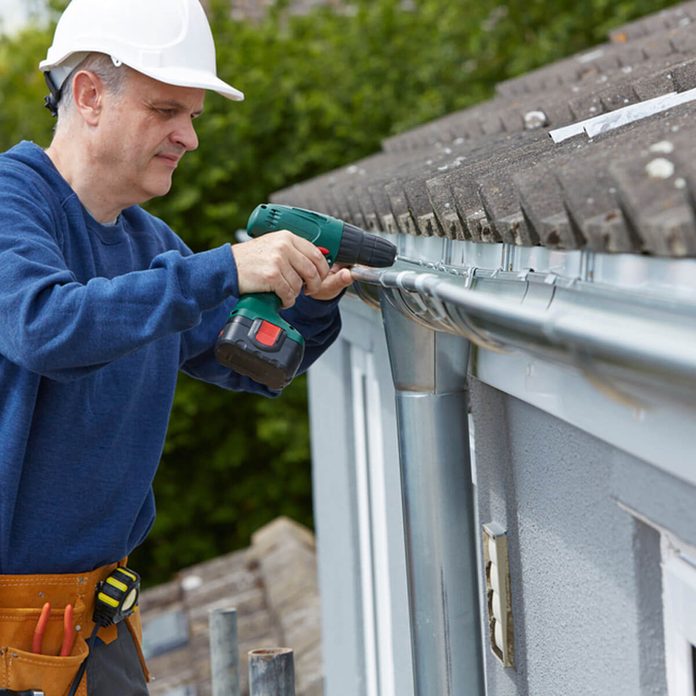
You Can’t Ask the Home Inspector Questions
The reason you hired a home inspector is because this person has the necessary knowledge to evaluate whether or not this potential property has any issues that would make purchasing the home a bad decision. And you should respect your home inspector’s knowledge and time. However, if something doesn’t look right or you don’t understand what a home inspector is referring to, speak up. It’s better to ask a question now than have an issue arise after you’ve purchased the property. Learn more about potential issues? Read about signs your house is in trouble here.

You Can’t Ask for Pictures
Any home inspector worth using will bring a camera along on the inspection. The inspector will also be heading into places that you won’t want to go if you don’t have to (the roof, crawl space, under decks, the attic, etc.). Ask your inspector to photograph any potential issues that arise so you can see the issue for yourself and make sure you fully understand the problem.
Infrared and thermal cameras can give you and your inspector a look behind walls and floors that you otherwise wouldn’t be able to get without ripping out drywall or flooring. Because this technology is so accessible, your home inspector should use these pieces of equipment throughout the inspection (though some home inspectors may charge an additional fee for this service).
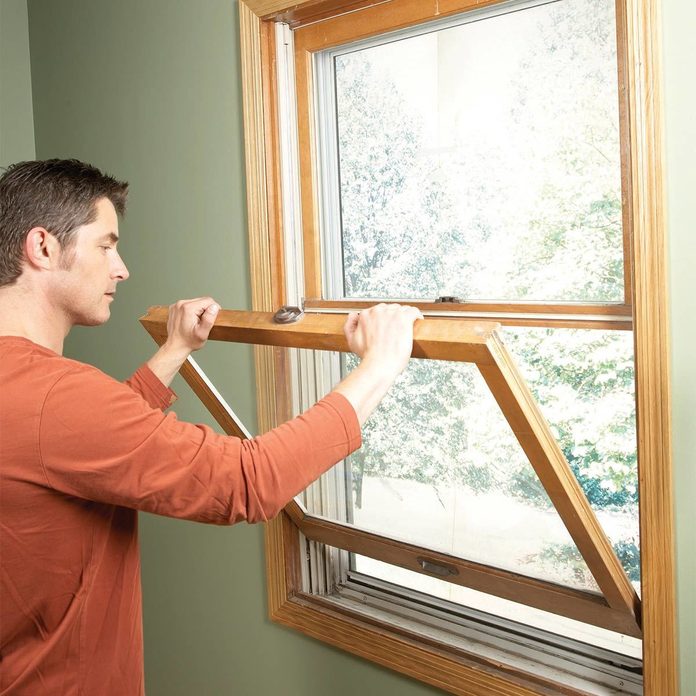
Egress Requirements and the Two-Opening Myth
There has to be a large group of home inspector trainers who tell home inspectors that every bedroom needs two methods of egress. I’ve heard this repeated by home inspectors in online discussions more times than I can count, and it’s based on nothing. This is a total myth. A bedroom needs one method of egress. More is fine, but not required. — Reuben Saltzman, Structure Tech

You Don’t Need to Get the Report Summary
If a home inspector includes a summary with their inspection report, what goes into the summary should be explained. For my company’s home inspection reports, we include this text at the beginning of our summary: “This Summary Report includes the items that were, in my opinion, the most important items to bring to your attention. This is not by any means a substitute for the full report. Please read the entire report.” — Reuben Saltzman, Structure Tech
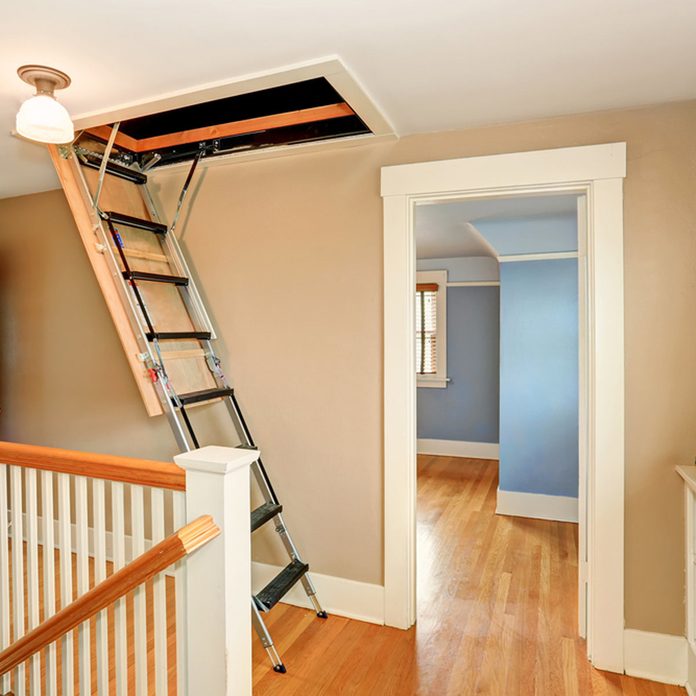
The Inspector Won’t Go Into the Attic
One of the major components of a home, and by extension the home inspection, is the attic. The buyers will expect me to inspect the attic, and I don’t want to let them down. I’ve blogged extensively about attic problems with brand-new homes, and as you may imagine, I find even more problems with attics on used houses than on new ones. I don’t expect to find any issues with your house, but it’s important that I have access to your attic to inspect it. — Reuben Saltzman, Structure Tech
Check out what happens when people decided to convert their attics to living space.

The Inspector Will Test for Asbestos
Oh, and for the record, my company does not test for asbestos. When a client wants asbestos testing performed, we refer to Legend Technical Services. Home inspection standards of practice specifically exclude the identification of environmental hazards, such as asbestos. Nevertheless, most home inspectors that I know will point out the stuff, because these materials are fairly easy to identify and all of these materials are very likely to contain asbestos. — Reuben Saltzman, Structure Tech
Asbestos is one of several hazards that could be found in the home, here are some other dangers in the house you need to know about.
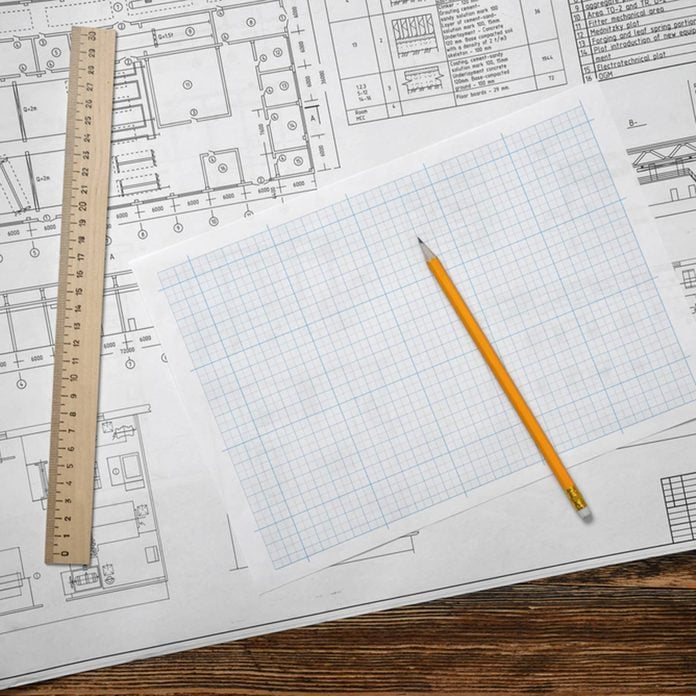
Not Having Permits Will Affect the Inspection
In short, the presence or absence of building permits doesn’t have a big effect on the home inspection. We inspect everything the same way, whether permits were pulled for the work. We may be more suspicious of work that has all been done by a handy DIYer, but we’re always even more suspicious of work at flipped houses, permits or no permits.
If you’re buying a home and you find out that improvements were done without permits, discuss your concerns with your home inspector, real estate agent, and possibly even an attorney who specializes in real estate. In most cases, it’s not a big deal, but I’ve heard a few horror stories from people who planned to use the homes as rental properties. — Reuben Saltzman, Structure Tech
Pulling permits is just one of the 15 things you need to consider before starting a basement finishing project.
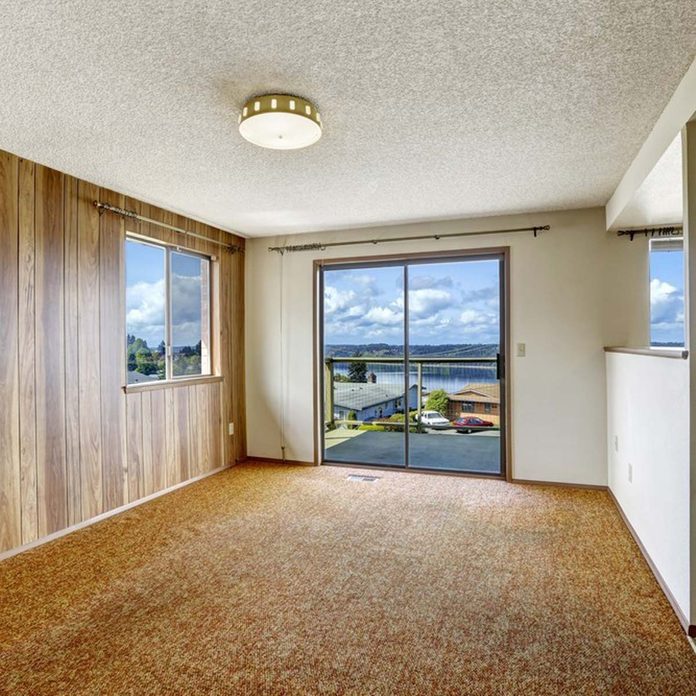
Condos Don’t Need Inspections
Buying a condo? Get a home inspection, also known as a condo inspection. Even though there is typically less maintenance and responsibility of the individual owners, condos can still experience a lot of the same issues that single-family homes experience. — Reuben Saltzman, Structure Tech
If you have a condo, you might want to know how to make a small room feel bigger.

Home Inspectors Need Permission to Check Sewers
Assuming a home inspection is taking place as part of a real estate transaction, the form used to authorize the home inspection is the “Inspection Contingency” form. I’ve blogged about this topic several times: home inspection contingency form. It’s a pretty short form, and one of the critical pieces of information contained in that form is the part about Intrusive testing and Inspections. If any intrusive testing or inspections are going to take place, the seller first needs to give permission but a sewer inspection isn’t considered intrusive. — Reuben Saltzman, Structure Tech
Here’s how to check sewer lines if you believe tree roots are plugging them.
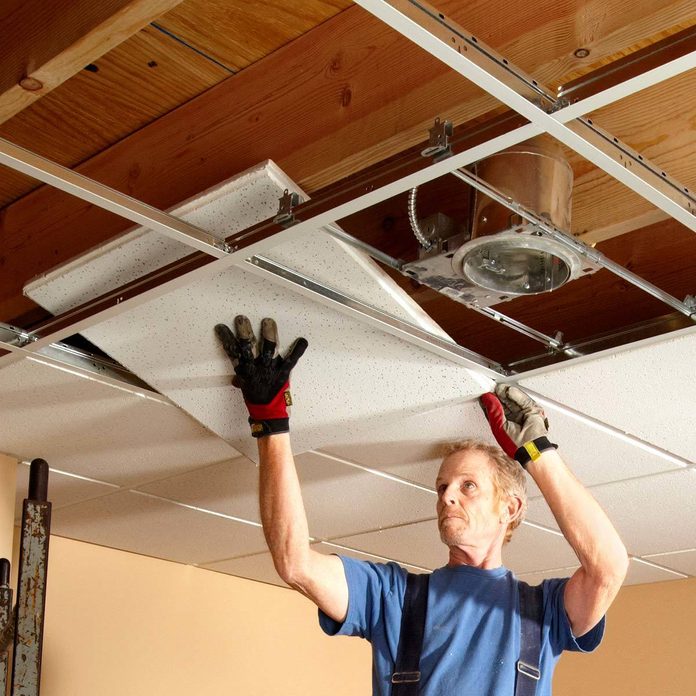
Home Inspectors Must Lift Ceiling Panels
While home inspection Standards of Practice do not require home inspectors to move ceiling panels on dropped ceilings, does this mean they shouldn’t? No. I’ve long joked that dropped ceilings were invented for the sole purpose of hiding electrical defects. I move ceiling panels all the time, provided I can easily lift them and easily drop them back into place. — Reuben Saltzman, Structure Tech
Here are some drop ceiling installation tips if you’re considering adding some.

Home Seller Has to Make Changes in Inspection Report
When buying your first home talk to your Realtor about the home inspection process. Also, get input about what they think is important for the home inspector to focus on for your specific needs. The Realtor will advise you on the home inspection process. It takes three or four days to get the inspection and then a couple days to get back to the seller with the results.
“Even with the home inspection, the home seller doesn’t have to make the repairs or adjust the price of the house, but the buyer then has the choice to buy the house knowing what repairs will cost or to walk away from the house,” said Dave Kirwin, Kirwin Group Home Inspections. Before you invest into it, get to know the right cost of home inspection.
Sellers can do these 20 things to make their home sell faster.

You Don’t Need to Bring Anything
After you’ve hired your first home inspector, you will most likely have a lot of questions running through your head.
“Get a notebook and write down your questions as they come to you,” Kirwin said. “Bring the notebook to take notes, and don’t forget to take pictures.”
Remember to bring a tape measure. “The tape measure is one item most home buyers forget to bring,” Kirwin said.
Make sure you know these 18 handy hints to make moving a breeze.

A Long Inspection Means Big Problems
Inspections for first time home buyers take longer than inspections for experienced homeowners. First-time home buyers often need to have the basics explained; what a furnace is, how it operates, how to change the furnace filter, etc.
Don’t put too much stock in the amount of time that a home inspection takes. The duration of a home inspection is affected by too many variables for a home seller to draw any conclusions. A long home inspection isn’t necessarily bad news. — Reuben Saltzman, Structure Tech

New Houses Don’t Need Inspecting
When builders use the old excuse of “the city already approved it” they end up looking like weasels. Everyone knows that municipal building inspectors can’t possibly catch every little defect, no one can. When a municipal inspector approves a permit, it means they didn’t find any defects; it doesn’t mean they’re putting their blessing on something that was done wrong. When a builder tries to talk a home buyer out of having a home inspection done, it’s a huge red flag for the home buyer and the home inspector. — Reuben Saltzman, Structure Tech
If you’re moving into a new home you must do these 20 things once you move in.

City Approved Means It’s Up To Code
Municipal inspectors often have full schedules and don’t have the luxury of taking their sweet time during inspections like I do. If a municipal inspector misses a violation of the code, it doesn’t mean that the violation was approved. — Reuben Saltzman, Structure Tech
These are the 5 common building code violations that get people into trouble.

Real Estate Agents Shouldn’t Attend Inspections
Many real estate agents don’t attend their buyer’s home inspection because someone has told them that this increases their liability. I completely disagree. It’s their conduct at the inspection that puts them at risk, not their presence. About half of the agents that I regularly work with attend at least part of the inspection, and almost all of my clients attend the entire inspection.
Most of the agents that I work with truly have their client’s best interest in mind, and I see no reason for them to be afraid to attend the inspection. Maybe I’m too much of an optimist, but I’ve never subscribed to the phrase, “No good deed goes unpunished.” — Reuben Saltzman, Structure Tech
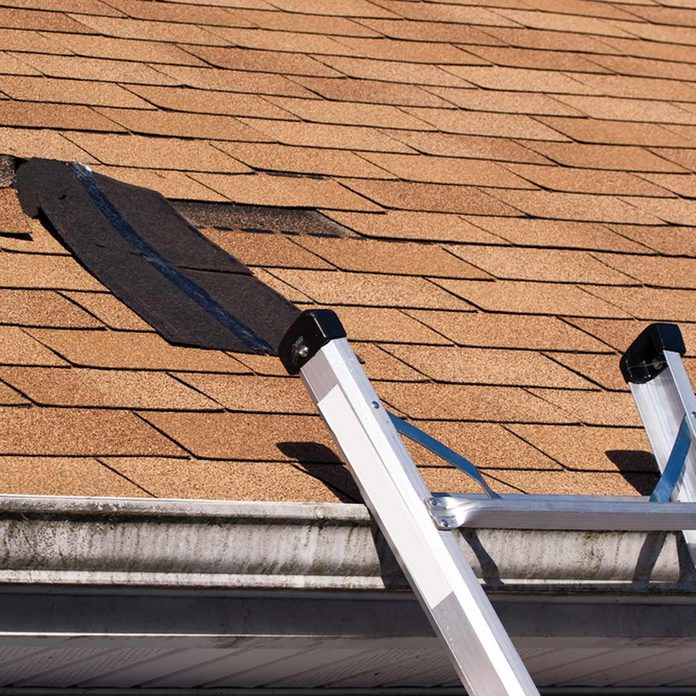
Home Inspectors Increase Liability With More Testing
I’ve heard the same tired old argument from other home inspectors 342 times — the more testing and services you provide with your inspections, the better chance you have of being sued. I think this whole argument is based on home inspector folklore, and it all comes down to proper communication with the client. One of the most common arguments I hear for not doing “additional testing” is when the topic of carbon monoxide testing comes up — do or don’t?
Here’s how the argument goes: “I don’t test for carbon monoxide on furnaces because as soon as I start doing that, the next thing you know someone is going to take me to court for not testing their gas water heater, gas dryer, gas oven, and whatever else. The more you do, the more liability you have. I like to keep it simple.” I’ve heard many home inspectors say something similar to this, and I even remember hearing one tell me (with pride) that he carries around a screwdriver and an outlet tester. Nothing fancier than that. — Reuben Saltzman, Structure Tech

A Home Inspector is Only Helping a Seller or Realtor
A home inspector is tasked with documenting the condition of the home for their client. But beware there is the possibility of a conflict of interest between real estate agents and the inspectors they recommend. The real estate agent might be more interested in closing the deal and put pressure (real or perceived) on the inspector to complete their report quickly.

The Inspector Killed the Deal
It seems kind of strange to try to blame a home inspector for finding issues with a home that led to a deal falling through. A home inspector works for their client and need to let them know of any deficiencies with the home. As Saltzman says, the inspector didn’t kill the deal, the house did.
Learn how to fix some of the nagging problems around a house that are annoying.
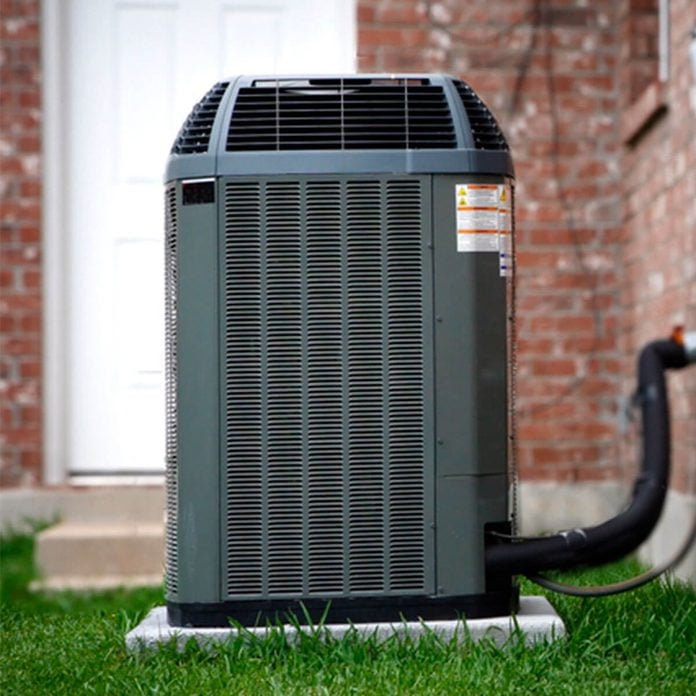
A Small Air Conditioner Won’t Cool a Home Properly
AC units are carefully sized to the amount of cubic feet they need to cool. That’s particularly important when you are purchasing a new AC unit or renovating your house. If an AC unit is rated for a smaller space than you have, it will work too hard to cool the air, wear out more quickly and struggle to meet the demands of the thermostat. If the AC unit is rated for a larger space than you have, it will constantly turn on and off, wearing itself out and growing undependable over time. Pay attention to capacity and pick the right unit for the space you have. Here’s what you need to know about buying an air conditioner.

Old Stucco is a Big Problem
Old stucco is just fine but the kind made in the early ’90s should be a concern. It’s recommended to get invasive moisture testing when buying a newer stucco home. There are some myths about stucco, find out about them and other home myths we busted.